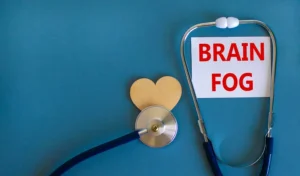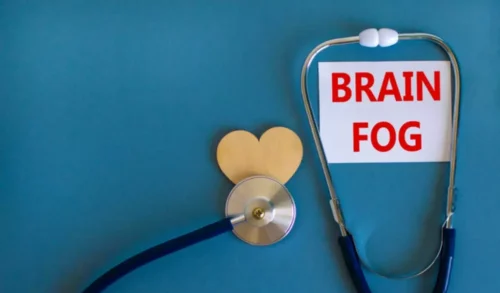
If alcohol is interfering with your health or your personal, financial, or professional life, consider quitting. Drinking large amounts of alcohol for many years will take its toll on many of the body’s organs and may cause organ damage. Organs known to be damaged by long-term alcohol misuse include the brain and nervous system, heart, liver and pancreas. If you drink more than 12 units of alcohol, you’re at considerable risk of developing alcohol poisoning, particularly if you’re drinking many units over a short period of time. Withdrawal symptoms are part of a condition called ‘alcohol withdrawal syndrome’, which is a reaction caused when someone who has become dependent on alcohol is deprived of it.

Timeline of Alcohol Withdrawal Symptoms
This is natural, especially because you may start experiencing alcohol cravings at this time. There are lots of tools to help curb cravings, including medication to stop drinking. Seeking out sobriety tools can help you get through urges without relying solely on willpower. Beyond the safety considerations, medical detox is a more comfortable, pleasant experience. Your healthcare team will help treat each symptom as soon as it develops and equip you for success.
Outlook for Alcohol Withdrawal
Treatment varies depending on the severity of withdrawal symptoms. People experiencing mild to moderate alcohol withdrawal symptoms often receive outpatient care—meaning there is no extended time spent in a hospital or facility. It’s recommended, however, that they have someone stay with them who can help during recovery. Your doctor may also prescribe medications that can reduce withdrawal symptoms and cravings. Vivitrol (naltrexone), Campral (acamprosate), and Antabuse (disulfiram) have been FDA-approved to treat alcohol use disorder. If you have been drinking heavily and chronically, it is also a good idea to have your detox medically supervised to minimize your risk of potentially dangerous withdrawal complications.
- One of the unexpected benefits of giving up alcohol is that you may find yourself more productive than before.
- A small percentage of people going through alcohol withdrawal have hallucinations at this point.
SEVERE OR COMPLICATED SYMPTOMS (CIWA-AR SCORE OF 19 OR MORE)
- Your liver can start to heal, your risks of heart disease and cancer go down, and you may begin to sleep better.
- While it can be safe to go through alcohol withdrawal at home, it’s not recommended because of the risks and potential intensity of symptoms.
- But once you fall into slumber, it can wake you up repeatedly in the night.
- People with alcohol use disorder should be monitored by a medical professional when withdrawing from alcohol.
- When this happens, your central nervous system can no longer adapt easily to the lack of alcohol.
Start by talking to a healthcare provider about the treatment options for alcohol dependence. It’s important to remember that they https://ecosoberhouse.com/ are only temporary and will usually subside within a few days. For individuals with severe alcohol dependence, however, withdrawal symptoms can be more severe and may require medical attention.

Recognizing Patients at Risk for AUD
About five percent of people withdrawing from alcohol experience delirium tremens (DTs). If you’re addicted to alcohol and have been drinking heavily for years, you’re at risk for this complication. The first symptoms—and maybe the only symptoms—you experience may resemble a bad hangover. She adds that withdrawal can also occur after a significant reduction in alcohol consumption.


You may still feel post-acute withdrawal symptoms like anxiety and fatigue. This is totally normal as your body adjusts to its new normal without alcohol. Post alcohol detox side effects acute withdrawal symptoms can persist on and off for weeks or even months. Sometimes the second day can be even harder than the first, because many of the physical symptoms remain, yet that previous excitement around the initial decision not to drink may be wavering.
